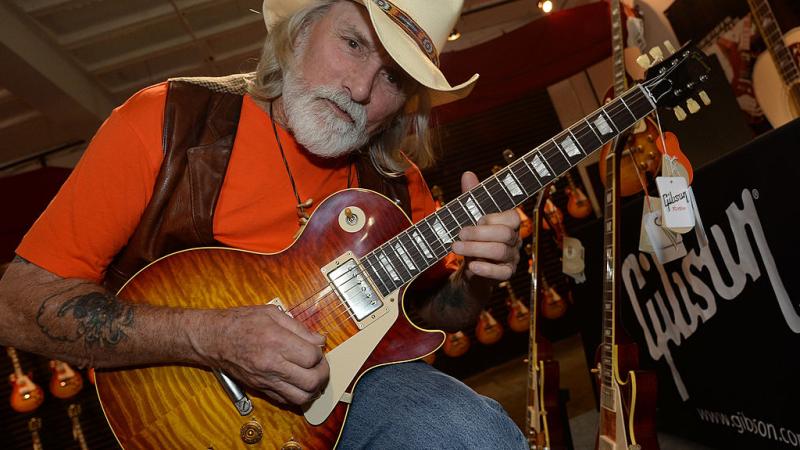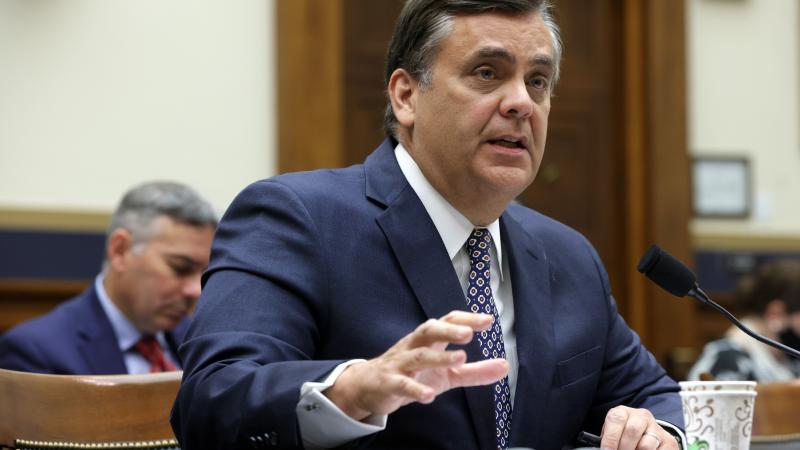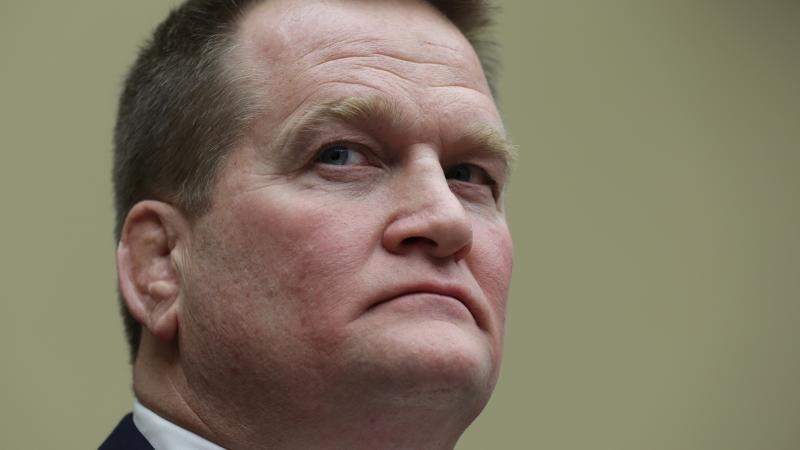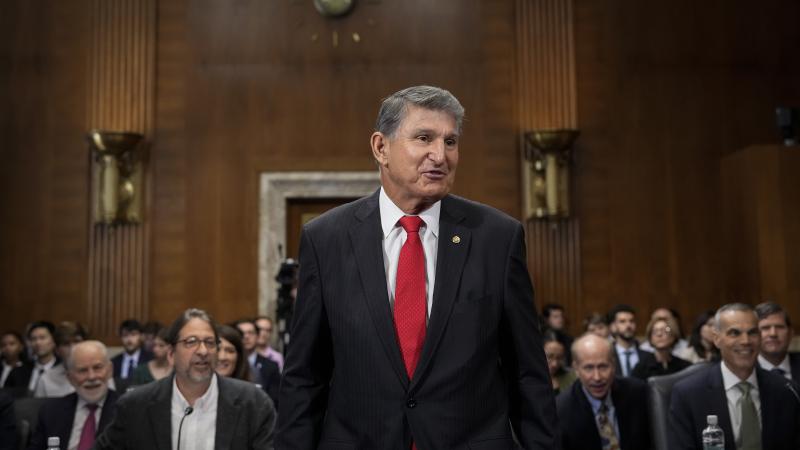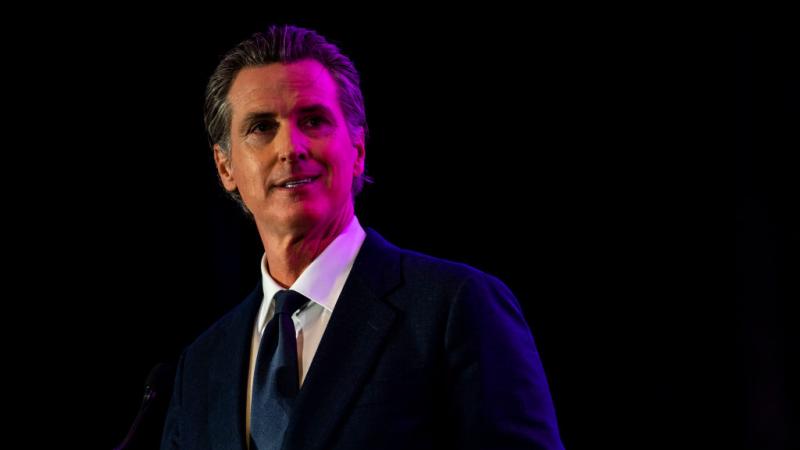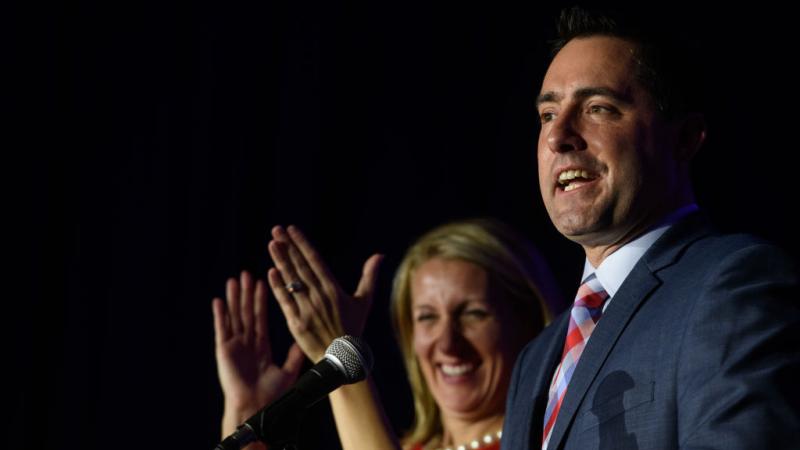Sorry folks: Apology mania sweeps the nation as public figures fold to liberal pressure
Celebrities, journalists issue groveling yet formulaic apologies as activists flex major muscles.
Liberal pressure has succeeded in forcing a recent cultural shift in which public figures -- regularly subject to activism for perceived slights against woke ideology -- are issuing abject, groveling and yet largely formulaic apologies in an effort to make amends for their purported offenses.
Apologies have always been a part of modern celebrity life, such as Jane Fonda's 1988 apology for her earlier criticism of American soldiers while she was visiting Communist-controlled Hanoi and David Letterman's 2009 apology after he made a sexual joke that inadvertently targeted Sarah Palin's underage daughter.
Yet the recent apology parade has superseded anything that came before it. Lengthy apologies are an omnipresent feature of much of American public life, regularly being issued by figures as diverse as college administrators, television personalities, journalists, musicians and others.
Overwhelmingly, the apologies themselves are steeped in mostly identical language and syntax. The public penitents often abjectly confess to having "failed" in some way; they explicitly admit to having "harmed" or "hurt" whomever they allegedly offended; they pledge to "do better," to "reflect," to "listen" and to "step back."
Such language was deployed in February by Chris Harrison, the longtime host of the reality dating show The Bachelor. Harrison had earlier offered a partial defense of a contestant under fire for having dressed up in antebellum plantation attire; Harrison himself called for the public to afford the contestant "a little grace" and allow her to defend herself.
Following blowback to those remarks, Harrison apologized via social media. "What I now realize I have done is cause harm by wrongly speaking in a manner that perpetuates racism, and for that I am so deeply sorry," he said, further pledging: "I promise to do better."
Winston Marshall, a musician for the band Mumford & Sons, also found himself in hot water last month when he spoke favorably of a book written by antifa-critical journalist Andy Ngo. After backlash to that endorsement, Marshall wrote in an apology that he had "come to better understand the pain caused by the book I endorsed."
"I have offended not only a lot of people I don’t know, but also those closest to me, including my bandmates and for that I am truly sorry," he said, adding that he would be "taking time away from the band to examine my blindspots."
Longtime New York Times science reporter Donald McNeil, meanwhile, resigned in February after reports surfaced of his having referenced a racial slur during a discussion with a student on a Times trip. Though McNeil had initially defended his usage of the word, following his resignation he issued an apology in which he claimed his choice of language had been “deeply offensive and hurtful.”
“My lapse of judgment,” he claimed, “has hurt my colleagues [at the paper] … and the whole institution, which put its confidence and me and expected better.”
“So for offending my colleagues—and for anything I’ve done to hurt The Times, which is an institution I love and whose mission I believe in and try to serve—I am sorry. I let you all down.”
And in New Jersey last month, the editor of the Cherry Hill Courier-Post felt obligated to issue an apology after readers were allegedly offended by a story about a local basketball star. The article had noted the athlete's progression from juvenile criminality to sports powerhouse; the headline described his journey as one from "Armed Robberies to D1."
Editor Audrey Harvin readily admitted that neither the athlete in question nor his coach were offended by the headline, but "some" readers were, and they "deserve[d] a response to their feedback."
"I can't promise that something like this won't ever happen again," she wrote. "Sometimes we get it wrong. I will promise that when that happens, I will be transparent, I will listen and I will be responsive."
'Don’t fall on the sword just to make the mob happy'
The key question surrounding the current apology craze, of course, is: Do these types of apologies actually accomplish anything? Or are they mere window-dressing, indicative less of remorse and more of a desperate desire to make a public relations problem disappear?
Richard Levick, the CEO of the crisis communications firm that bears his name and a longtime consultant in global public affairs, said the U.S. is at a cultural moment when "perfection seems to be the standard, you must do no wrong and where no apology seems sufficient."
"That gets us into the activist playbook," he said, "where if you’re going after someone, an apology is never enough."
Levick, who has worked with progressive clients and who read Saul Alinsky's seminal "Rules for Radicals" when it came out in the early 1970s, said the dynamics of the Internet have changed the landscape of crisis communications.
"I think that in terms of apologies, the most important rule as they said, is make sure you mean it," he said. "If you’re being told to do it, and it looks like you’re doing it out of a demand, it’s just not very effective."
Doug Wojcieszak, a disclosure training consultant and founder of the consulting company Sorry Works!, said public figures embroiled in fury should be "quick to empathize, but [also] say: 'Let me take some time to think this over and get back to you'."
Wojcieszak's firm in part helps medical professionals deal with the fallout surrounding adverse medical events. "One of the things we’ve always taught physicians," he said, "is that it’s easy just to mouth some words. But for an apology to be authentic and meaningful and bring down the temperature and anger felt by families who have been wronged, there needs to be action."
In some cases, of course, celebrities on the receiving end of controversy do indeed promise action in addition to their words: Bachelor host Chris Harrison, for instance, has been working with a "race counselor" following his own controversy. Wojcieszak noted that in at least some cases aggrieved parties aren't actually after a public apology or practical amends.
"Some activists want a scalp on the wall, a hunk of meat," he said. "They want to say, ‘Look what I did.'"
"I think it’s a case-by-case situation," he continued. "It depends on the actors involved, on both sides. Is the apology going to hit the mark? What was done? How bad was the sin or offense? How authentic are they in delivering the words? And most importantly, what is the aggrieved party looking for?"
Whether or not this phenomenon will persist or fade will likely depend in large part on how public figures continue to respond. The restaurant chain Cracker Barrel, for instance, apologized in November after a guest accused them of hanging a noose from the ceiling of one of their locations; the object was actually an "antique electric soldering iron," as the company noted, yet the chain issued an apology nonetheless.
Writer and editor Alexi McCammond, meanwhile, was recently forced out of her job as editor of Teen Vogue just a few weeks after she began due to controversial tweets she had written years before. McCammond had already apologized for those tweets in 2019 and also apologized repeatedly after they resurfaced, though ultimately to no avail.
Those types of abject capitulations likely only add fuel to the fire of apology mania, experts say. Levick suggested that in some cases that's the point. "Today, in this world, when [activists] have a very sophisticated playbook," he said, "it’s very hard to apologize effectively if you have adversaries that want to take you down."
Wojcieszak, meanwhile, said public figures should avoid at all costs apologizing if they didn't actually do anything wrong. "If you didn’t make a mistake—if you believe you were in the right, or there’s been some misunderstanding—for God's sake don’t apologize," he said.
"Empathize, or try to explain what happened," he added. "But don’t fall on the sword just to make the mob happy, because they’ll keep coming back."


